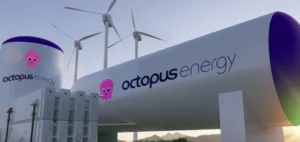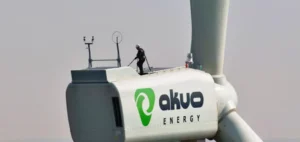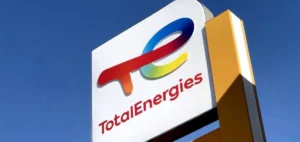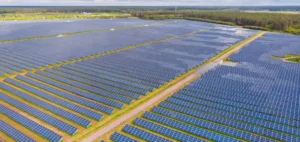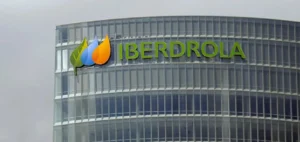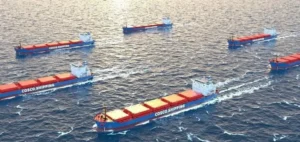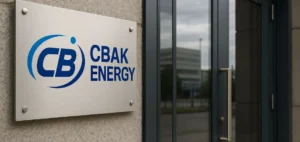The capacity of data centres in the United States, bolstered by strong development since 2023, surpassed 92 gigawatts (GW) by the end of 2024. This phenomenon is largely driven by the rise of artificial intelligence (AI), which is generating increased demand for infrastructure and intensifying the competition for power supply. Monthly capacity additions reached 7 GW in the fourth quarter of 2024, reflecting the rapid expansion of this key sector.
Significant growth of large-scale projects
The evolution of data centres goes beyond a simple increase in capacity. Projects are becoming larger and more expensive. For example, 13 projects required investments of over $4 billion, representing a significant portion of the $195 billion in total investment allocated to tracked projects. Of these, 22% of the projects account for more than $1 billion, yet they concentrate 73% of the capital investments. At the same time, the square footage of data centre buildings saw a 9.5% increase between 2023 and 2024, while the average campus size grew by over 23% during the same period.
Experts highlight that the growing size of projects is largely driven by the shift to AI-related workloads, but this evolution brings additional challenges for both developers and energy suppliers. The rising energy demand and expansion of projects require rapid adaptation of existing infrastructure.
Expansion beyond traditional markets
While Virginia and Texas remain the primary data centre hubs, the report highlights a significant expansion into less saturated markets. Since the fourth quarter of 2023, the share of capacity outside the top 15 states in terms of growth has increased significantly. States such as Louisiana, Mississippi, Wisconsin, and West Virginia have been identified as new destinations for large-scale projects.
Developers are actively seeking opportunities in these new markets where tax incentives and competitive advantages are being offered. These projects represent some of the largest investments in the sector, with infrastructures of a scale never seen before.
Strong growth momentum for projects
Currently, more than 90 projects are under construction in the United States, with 84 others in the permitting phase. Projects in the permitting phase account for 66% of the total capacity of tracked projects, highlighting the growing preference for large-scale ventures. This continued growth momentum is supported by a monthly increase of 227 megawatts (MW), and this trend is expected to continue in the coming months.
The rapid expansion of data centres, coupled with a strong concentration of investments in major projects, underscores the acceleration of the sector. The development of these critical infrastructures continues to redefine energy needs across the country.


